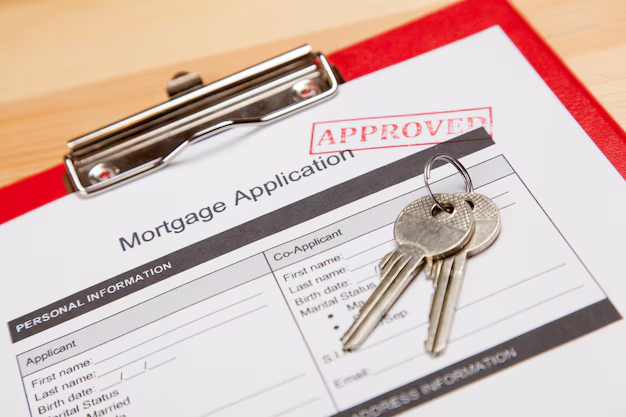Essential Steps for Successfully Renting an Apartment
Navigating the renting process for an apartment can seem daunting, especially if you're a first-timer. But don't worry, understanding the key requirements can ease your path to finding a new home. Here's a clear roadmap to help you navigate this journey smoothly.
What You Need to Rent an Apartment
To rent an apartment, you'll need to be well-prepared with the right documents and financial assurances. Here are the fundamental requirements:
Proof of Income: Most landlords require renters to earn three times the monthly rent. Pay stubs, tax returns, or offer letters can serve as proof.
Credit Check: A good credit score is essential. Landlords typically look for scores above 620, but this varies by location and landlord. A better score can potentially lower your security deposit or result in more favorable lease terms.
Identification: Valid government-issued ID like a driver's license or passport ensures you are who you claim to be.
Rental History: If you have previous rental experience, it's a plus. A positive rental history with references from past landlords can bolster your application.
Application Fee: Many places require a fee for processing your application. Be prepared to pay this fee, which may vary depending on location.
Security Deposit: Typically equivalent to one month's rent. It's refundable if the apartment is in good condition when you move out.
With these components in hand, you're well on your way to signing your new lease. However, financial constraints or the need for additional support can pose challenges. Fortunately, there are various programs and strategies available to assist you.
Leveraging Financial Support and Assistance
Understanding how to utilize financial assistance can be invaluable:
Government Aid Programs
Federal and local programs, like the Housing Choice Voucher Program (Section 8), provide significant help for those who qualify. They offer subsidized rental costs for low-income families, the elderly, and disabled individuals.
Financial Assistance and Debt Relief
If moving expenses feel overwhelming, consider these options:
Rental Assistance Programs: Local charities and nonprofits often provide temporary financial aid for rent.
Debt Relief Options: For those burdened by debt, organizations offer consolidation services and negotiation with creditors to manage repayments better.
Credit Card Solutions
If you need immediate funds for deposits or rent, credit cards with low interest rates or a 0% intro APR on purchases can be useful. Always remember the importance of paying off balances to avoid high-interest costs.
Educational Grants for Renters
Students or those seeking further education can explore grants and scholarships. Many educational institutions provide grants that can free up personal finances, redirecting them towards housing costs.
Renting an apartment is indeed a process filled with various requirements and potential stressors. However, being equipped with the right documentation and knowledge of the available assistance programs can transform this process into a manageable and even enjoyable experience.
Useful Resources for Financial Assistance:
- 🏠 Section 8 Housing Choice Vouchers: Reduced rent options for eligible individuals.
- 💵 Local Rental Assistance Programs: Temporary aid from charities/nonprofits.
- 📉 Debt Consolidation Services: Tools to manage and consolidate debts.
- 📊 Low-Interest Credit Cards: Finance moves with promotional APR offers.
- 🎓 Educational Grants and Scholarships: Financial aid to support your educational goals while easing personal financial burdens.
By staying informed and prepared, you can ensure that your next renting experience is not only successful but also financially sound.

